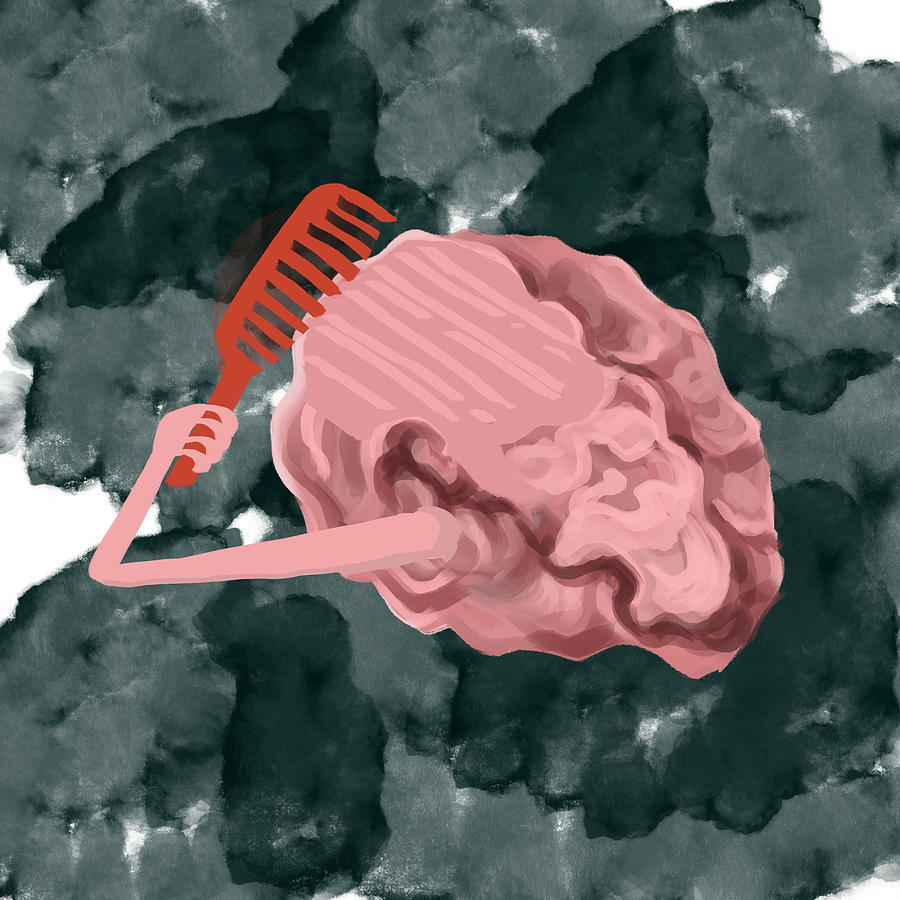

This isn’t really a how-to book on using more or less, but it feels like there is at least a little practical guidance. It doesn’t feel like they are judging our reliance on technology. The authors cleverly build a thesis, and then give their supporting conclusion, but they don’t tell you what they think straight up.

They launch from a historical fact, to a research study, to personal interviews that the authors conducted, and then to cycle back through the known data points once again. Their findings are scholarly, but very readable. Yes, texting is fast communication…but only if we allow others to interrupt our day when it’s good for them!) (I still don’t text, not because I can’t, but because I need to draw some boundaries for my sanity.

Thinking about what we choose to use, engage with, and allow into our lives will define so much about our humanity. I read books like this because thinking about thinking matters, something I took away from Nicholas Carr’s book The Shallows. It was changing our emotions, our expectations, our behaviors.” The authors articulate and research what you and I felt–probably more and more as the pandemic took our entire lives online. “We were drawn to all the internet had to offer, but found that sometimes it offered too much, or not the right thing. Tik Tok wasn’t the crazy juggernaut it is now when the book was published, and that was just about a year ago. Matt (affiliate link), two researchers from Weber State University, is a fascinating look into living with technology, from the telegraph up through Twitter. Subscribe to Blog right over there -> Thanks.īored, Lonely, Angry, Stupid by Luke Fernandez and Susan J. Automagically get new organizing info sent to your inbox.


 0 kommentar(er)
0 kommentar(er)
